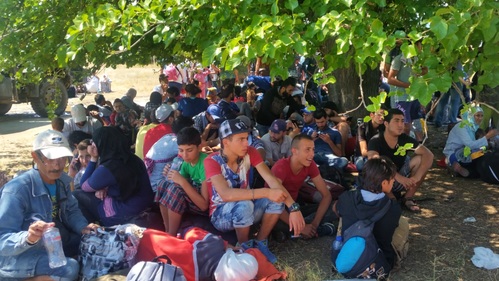Heat waves
A heat wave is an extended period of unusually high temperatures and often high humidity. They are expected to become more frequent and more severe in future due to climate change. People affected by heat waves can suffer from shock, become dehydrated and develop serious heat illnesses. Heat waves can also worsen chronic cardiovascular and respiratory diseases.

Do's and don'ts
Do you know how to prepare for a heat wave?
Assess and plan
Learn about the risks and potential impacts of extreme heat in your area and find information on local and regional communication channels for early warning of very hot days. Look for shade facilities and work with your community to identify places for people to cool off during heat and power outages. And stay informed: monitor the weather closely to see if extreme hot weather conditions, a heat wave watch or warning is expected.
Reduce risks
Plan for how to adapt essential activities in a heat wave so you can avoid exposure to direct sunlight. Prepare cooling and/or shade structures that can be assembled easily in extreme heat. Protect your living space by using shades or reflective materials outside the windows.
Prepare to respond
Avoid direct exposure to the sun where possible and protect yourself with appropriate clothing (loose-fitting, lightweight and light-coloured). Stay hydrated, look out for symptoms of heat induced sickness, and check on your friends, family and elderly neighbours to make sure they are okay. Plan ahead to make sure you have enough supplies, such as food, water and any medication required to minimize your time exposed to direct sunlight.
